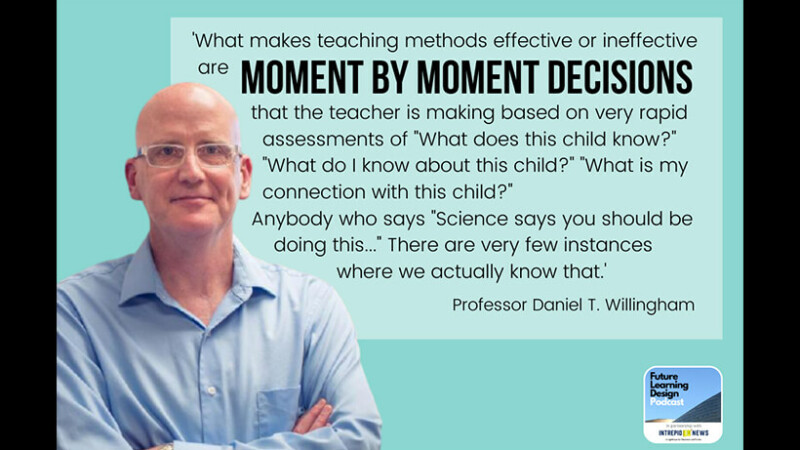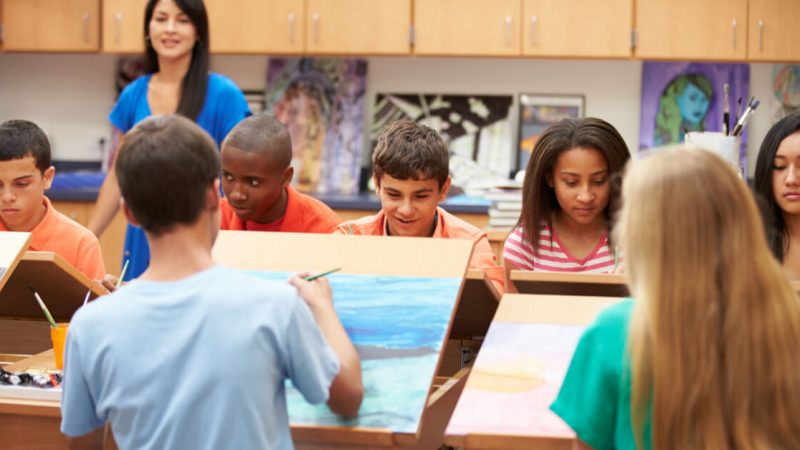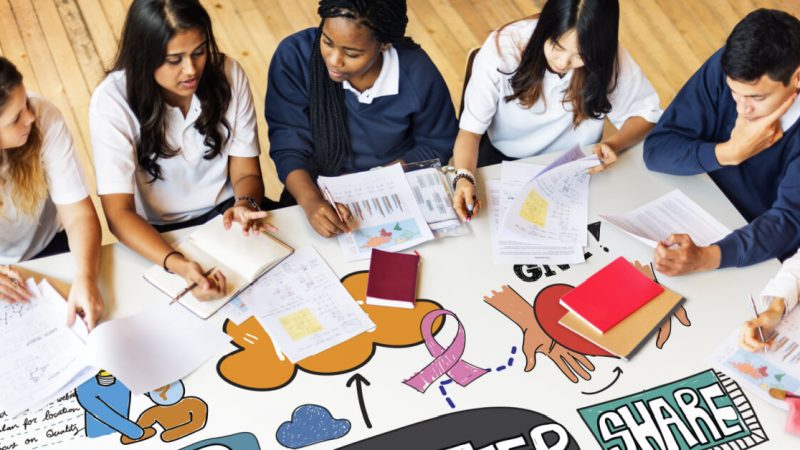February 13, 2023 Anthony Brandt and David Eagleman, in their book, Runaway Species: How Human Creativity Remakes the World, offer a three-part framework for understanding how novel things are created.
February 9, 2023 (This article is republished from ET Magazine, Volume 1, Issue 2) The mention of technology and the classroom evokes pandemic-era remote learning, disengaged human interaction and unequal
November 14, 2021 & February 7, 2023 Professor Daniel T. Willingham earned his B.A. from Duke University in 1983 and his Ph.D. in Cognitive Psychology from Harvard University in 1990. He
February 2, 2023 No one can tell from which infinitesimal traces things unfold, but it is certain it is not from chance — philosopher Jean Baudrillard Ideas are alive, not
February 1, 2023 The first part of this series spoke about the traditional Visual Arts Canon as a bastion of the “old white guy club.” It tackled how to embed
January 30, 2023 Even with 28 years of classroom experience, I’m often surprised by the impact of technological innovations on my teaching. So, the articles about ChatGPT answering questions and
January 26, 2023 Teaching the Holocaust by Inquiry, Elizabeth Krasemann, Foreword by Michael Berenbaum. LIT Verlag GmbH & Co., Zurich, 2022. These are fascinating times to teach students about the
January 25, 2023 ChatGPT calls on Humanities teachers to dig even deeper into what is already our core purpose—celebrating humanity … even in a tech-centric world. ChatGPT challenges us to
January 23, 2023 In light of a sea of political and economic shifts in recent years, it is no surprise there’s been a renewed interest in civics education. Questions abound
January 20, 2023 One of our earliest forms of narrative, long predating epics and novels? The cookbook. I love cookbooks for the stories they tell about who and what we











